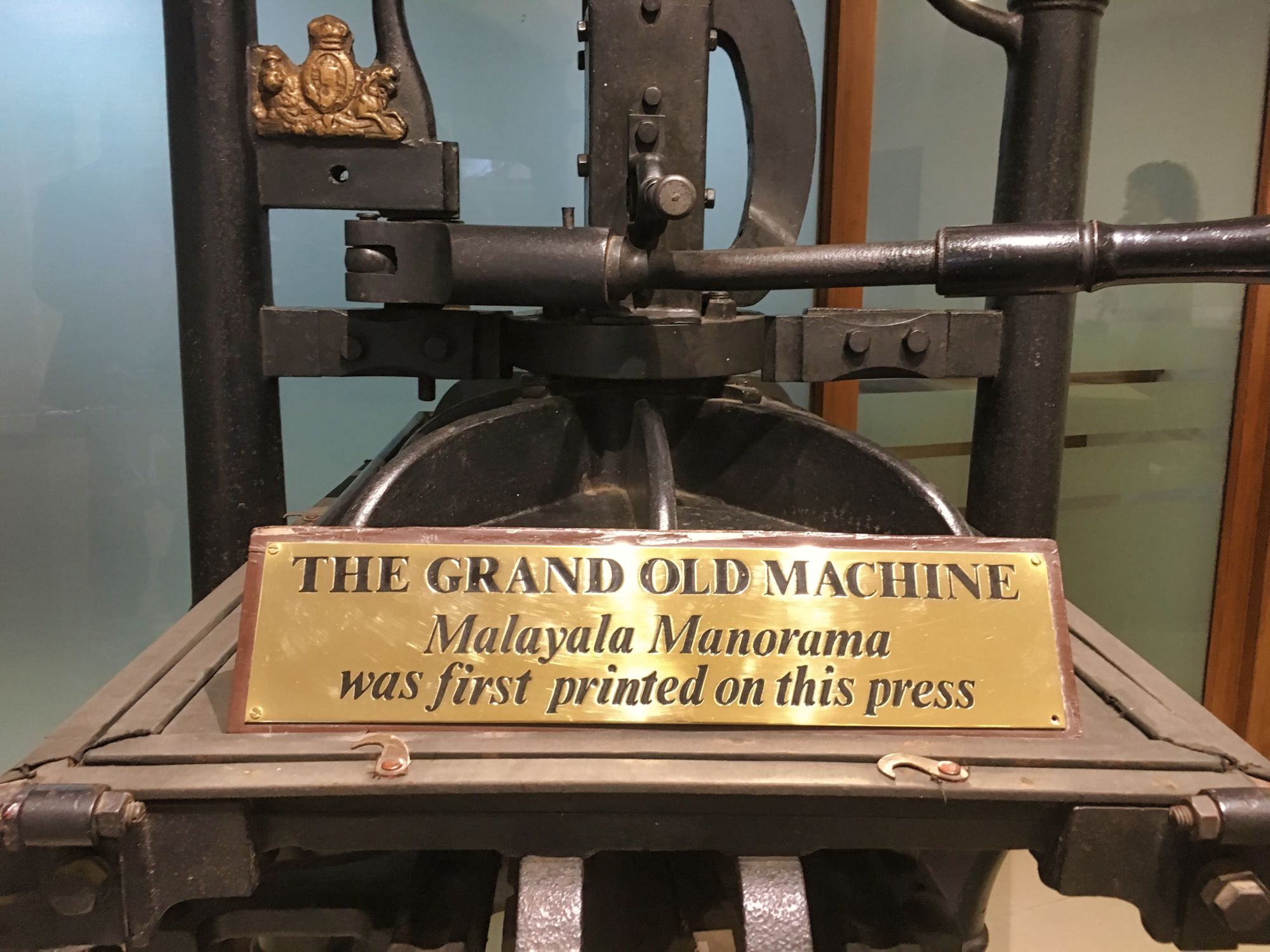Disruption isn't a one-trick pony
Rather lovely and insightful post from Steve Yelvington drawing comparisons between the newspaper business and the current perilous state Kodak finds itself in. I like this element particularly:
Disruption doesn’t happen just once. On the digital side, Kodak initially pivoted quite well, creating the “Easyshare” concept and reconquering digital photography from the Japanese tech companies. By the middle of the last decade, Kodak was the market leader. But suddenly smartphone cameras have autofocus lenses, 8-megapixel sensors and HDTV video capability. Result: the low-end market is toast, and Kodak isn’t taken seriously in the high end, where Canon and Nikon reign.
I’m always surprised when I run into publishing executives that seem to be operating on the assumption that the internet’s disruption of publishing is done now, and we just need to figure out how to adapt to it. ‘fraid not, chums. We’re in a period of perpetual change, and that requires a whole different approach.
UPDATE: on a related note, Brian Micklethwait makes a good point on Samizdata:
One of the things I notice about technological change is that it is, so to speak, quite abrupt but not completely abrupt. In historical terms, the arrival of, say, the printing press, was a huge upheaval, changing one reality to a completely different one. But on closer inspection, something like printing turns out to be a series of disruptions, including disruptions yet to come, rather than just one. And if you actually live through one of these disruptions, you typically experience it as something far more gradual and complicated than, say, a mere once-in-a-lifetime explosion.
Sign up for e-mail updates
Join the newsletter to receive the latest posts in your inbox.










